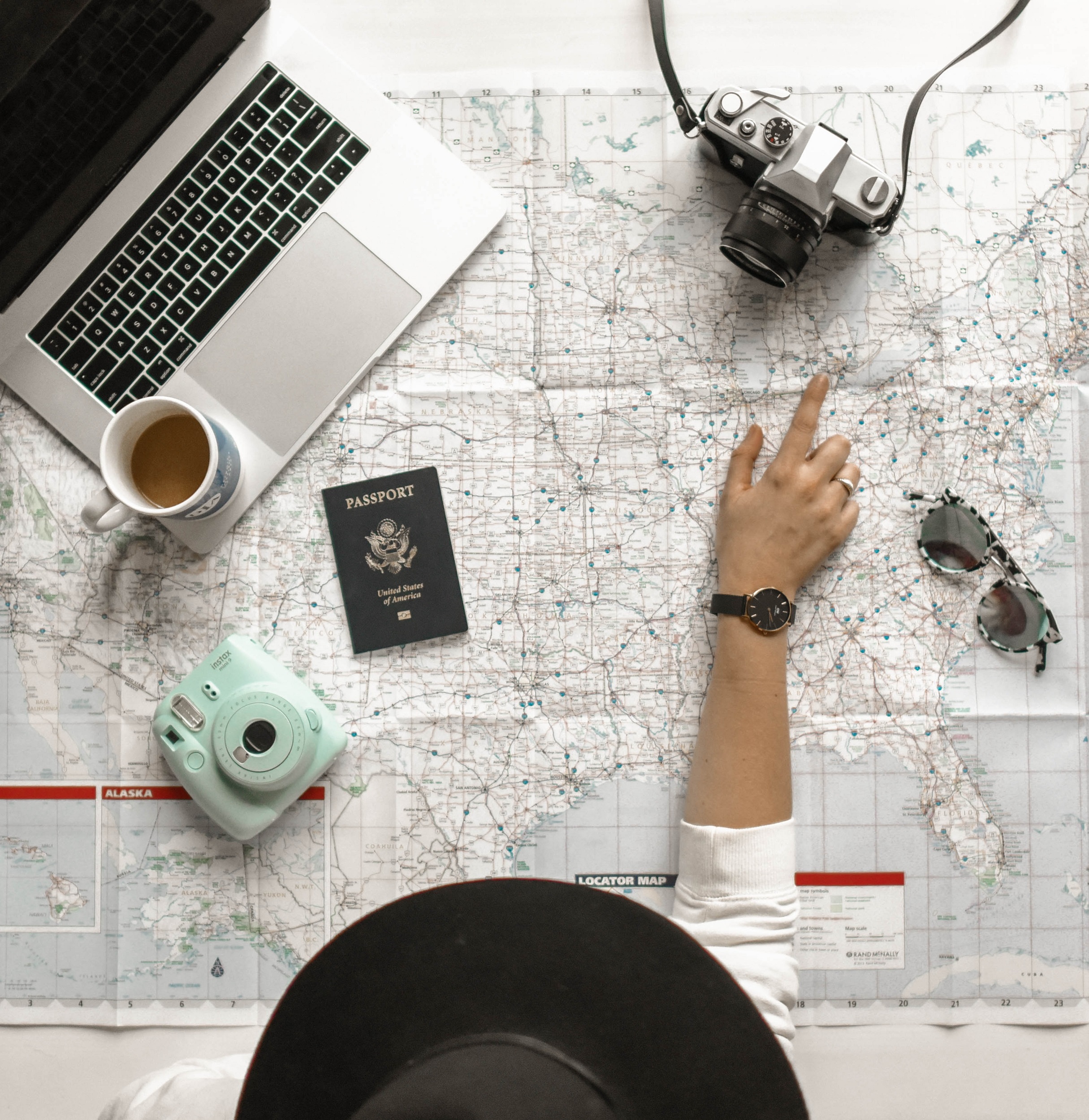The COVID-19 pandemic has been raging since the beginning of 2020 and continues to impact countries around the world. With the ability to spread quickly, many nations took action and closed their borders. All non-essential travel was stopped and thousands had their holidays cancelled through subsequent lockdowns and quarantines.
In short, the travel and tourism industry has been one of the hardest hit by the virus. Not only are people being told they can’t travel right now but even once ‘normal’ life resumes, many will still be wary about going abroad.
There have also been some other huge world events as a result of the COVID-19 pandemic. For example, with travel essentially stopped, pollution levels declined, waterways cleared and the planet got a much-needed break.
Taking all of this into account, it’s fair to say that the future of travel will be different after this global pandemic is under control. Below, we’re going to take a look at seven ways in which the COVID-19 crisis will change the future of travel.
Hygiene and sanitation will remain a top priority

Let’s start with this point because it is going to be one of the things that travellers are most concerned about.
Think about it, how many millions of travellers pass through airports each day? How many of you are on that small, enclosed aeroplane as you travel for hours to your destination?
The answer is A LOT. Making these breeding grounds for germs.
As such the future of travel will need to keep hygiene and sanitation at the forefront. Travellers are going to want more space and they’re going to want to feel that their health and safety is being considered.
Most obviously, this will mean that sanitation stations will remain in airports, hotels, restaurants and other popular tourist destinations. Masks will probably be required for years to come and even when they are not mandatory, many might still be inclined to protect themselves in this way.
Travellers will prioritise quality over quantity
Before the pandemic, it was not uncommon for people to book several trips a year. Some just couldn’t get enough of the beach breaks while others were in a hurry to tick off as many destinations as possible from their bucket list. Either way, for many people multiple holidays abroad became the norm.
This looks set to change moving forward with travellers placing more importance on the quality of their trip rather than the quantity. Many frequent travellers have already pledged to change their approach by travelling less often but with more intention each time they do.
People will swap tourist traps for smaller communities
Following on from this first point, it’s likely that smaller communities and lesser-known destinations will become more favourable. People will want to avoid the crowded tourist traps (at least for a while anyway) and will look for quieter alternatives.
What’s more, this will give people the opportunity to support the smaller communities who may have been more adversely affected by the pandemic, rather than huge hotel chains and bustling beach destinations.
This is one way people will turn to more sustainable tourism and we’ll look at this in more detail below.
Sustainability will become an important driving force for tourists
Like we said when travel plans were halted the world began to look a little greener. With fewer people moving around and less carbon emissions, the planet began to heal itself – even just for a little while.
Not only this but the virus forced us to re-evaluate the relationship between people and the earth. As the original strain was passed between human and animal, it became apparent that continued exploitation of species could cause even more problems in the future.
These are not the only sustainability practices that were highlighted as a result of the pandemic but they are some of the most important.
This closer look into sustainability and climate change has prompted many people to consider how they will travel in the future. It will likely be the case that people consider more eco-friendly forms of travel moving forward and that they look for holiday providers that prioritise this too.
More people will plan staycations

Even once regular travel has resumed, the staycation looks set to increase. Many travellers will appreciate staying closer to home and might feel more comfortable doing so. The pandemic has given people a chance to slow down and rediscover the magic that’s right on their doorstep. This will encourage many to travel within their own country and explore what it has to offer.
What’s more, this gives people a chance to contribute to their local/national economy rather than flying overseas. Something which has been an important part of the ‘support local’ movement that gained traction in 2020.
The road trip will become more popular

Following on from the previous point, it’s likely that road trips will also increase in popularity. Even if people choose to travel abroad initially, travelling by car allows them to cut out crowded plane, train or bus journeys once they arrive.
Road trips are also a great way to see a country and to find lesser-known destinations that you might never have heard of otherwise. This will play an important part of the staycation movement, as people choose to drive to their chosen destination (or just drive for fun with no real final destination in mind) therefore staying much closer to home.
Travel insurance, vaccines and travel advisors will become necessary
Lastly, let’s take a look at a few of the more boring bits – travel admin if you will. The result of the pandemic is likely to see travel insurance prices going up but more people parting with their cash just in case they fall ill or have their holiday cancelled again.
It’s also likely we will see an increase in the need for travel advisors. With people more cautious about their health and safety, travel advisors will need to be up to date on the best destinations to visit and those that are riskier.
And finally, just like having the right visa, it could become mandatory in some countries to prove that you have had the COVID-19 vaccine before being allowed to enter the country. Although this will depend on the specific requirements of each nation and whether they deem this to be necessary.






